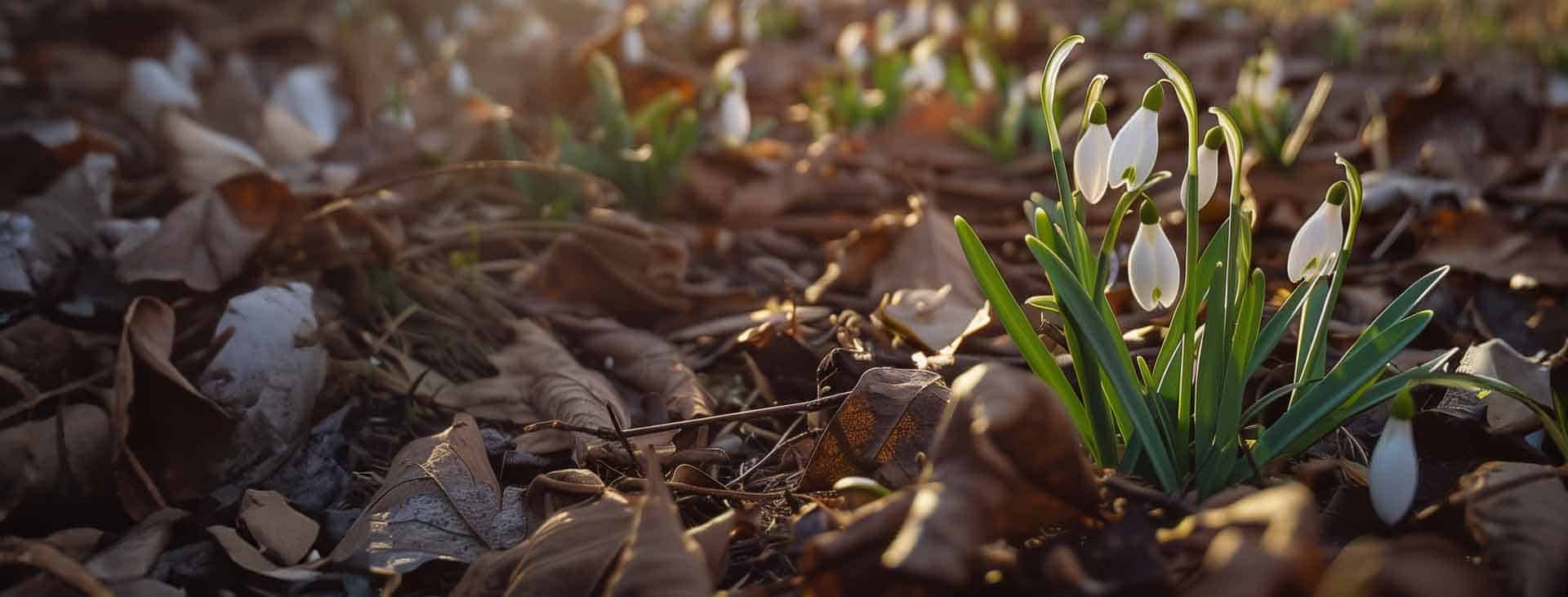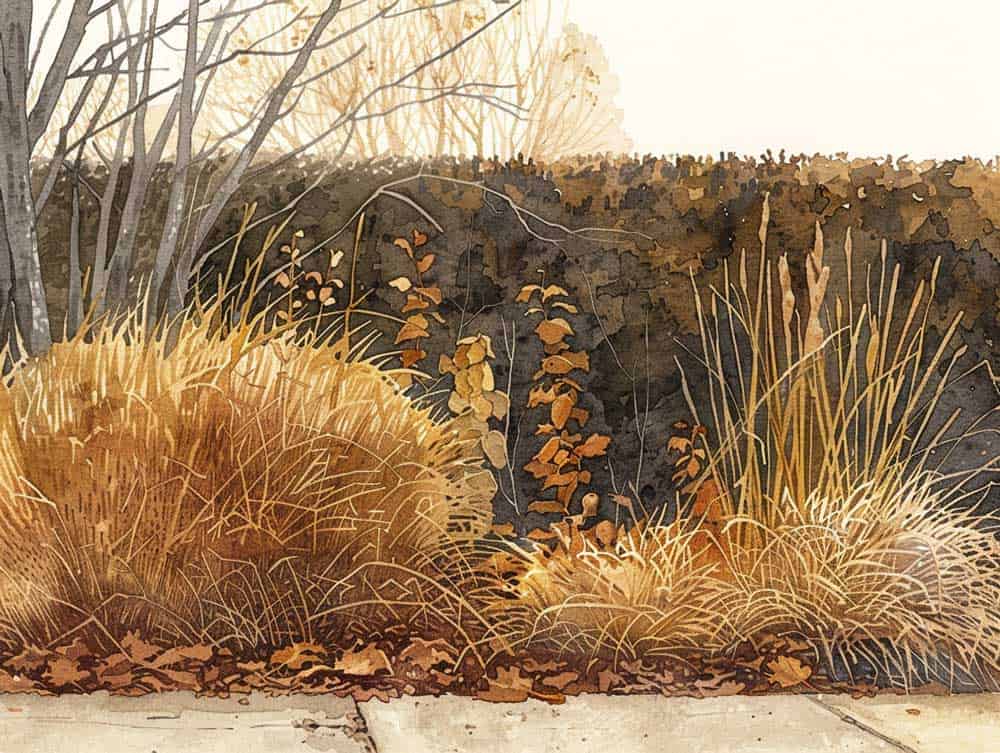Pollinators Will Thank You!

Ah, springtime—when birds are singing, green shoots and the promise of blooming flowers are everywhere, and our gardener’s hands are just itching to get out there and tidy up after winter’s mess. But hold your rakes, my green-thumbed friends! For the sake of our beloved pollinators, it’s best to resist that spring cleaning fever, at least for a little while longer.
You see, all those dried-up plant stalks, fallen leaves, and garden debris that you’re eager to clear away are actually providing cozy little homes and shelters for some of nature’s hardest workers—bees, butterflies, and other pollinators who are still snuggled up and catching a few extra Zs before they emerge for the season.
So, before you go on a rampage with your pruning shears, rakes and (heaven forbid!) leaf blowers, ask yourself a few questions:
- Have you put away your winter clothes yet? If you’re still rocking those wool socks, it’s probably too early to start your spring garden cleanup.
- Would you plant your tomatoes right now? If the answer is no (and any seasoned gardener knows better than to plant tomatoes too early), and soil temps haven’t begun to stay at 50 degrees or higher, then it’s likely still too chilly for our pollinator pals.
- Is your lawn looking a little shaggy? If the grass is growing tall enough to mow, that’s a good sign that pollinators are starting to stir.
- Have you paid your taxes yet? (If not, you’ve got a perfect procrastination activity!)
- Are apples and pears still in bloom? If so, hold off on that spring garden cleanup until after their blossoms have faded.

The moral of the story? Patience, my friends! Resist the urge to tidy up too soon, and let those pollinators emerge safely from their winter hideaways. Trust me, your garden will still be there, ready for you to work your magic once the time is right. Until then, grab a book, do a puzzle, or finally clean out that garage—your pollinator pals will thank you!
